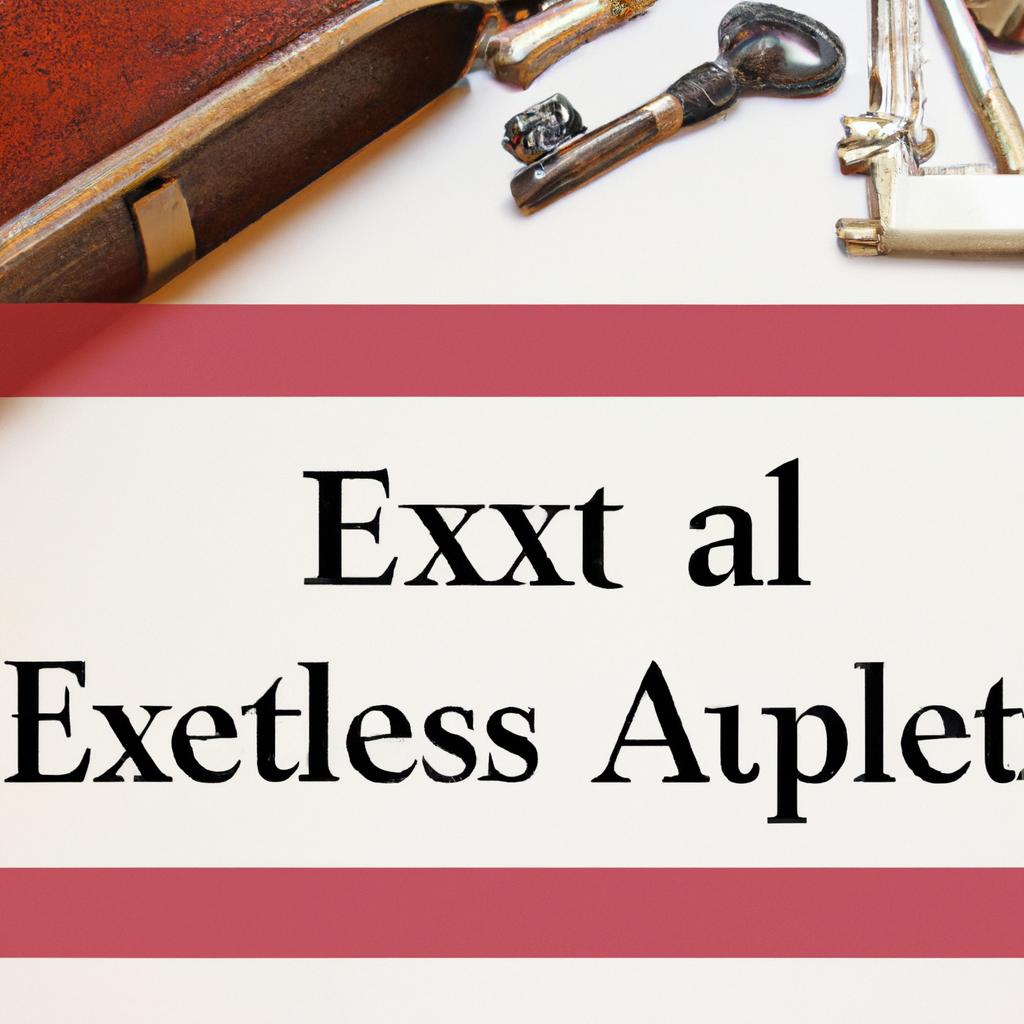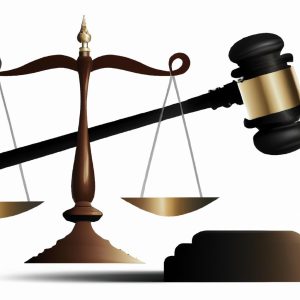As a seasoned attorney in estate planning and probate law, one of the most common questions I am asked is, “Can an executor take everything?” This question often arises during the settling of a deceased individual’s estate, with beneficiaries expressing concerns about the actions of the appointed executor. In order to understand the legal implications and protections in place for beneficiaries, it is crucial to delve into the complexities of executorship and the obligations that come with this role. As experts in the field, the Morgan Legal Group based in New York City, delves into the nuances of this important legal issue to provide clarity and guidance for those navigating the estate planning process.
Can an executor access all assets in an estate?
When it comes to the responsibilities of an executor in handling an estate, it is essential to understand the limitations and boundaries that govern their actions. While an executor is tasked with managing the assets of the deceased individual, it is crucial to note that they cannot simply take everything for themselves. Executors must adhere to the legal requirements and guidelines set forth in the probate process to ensure that the estate is distributed fairly and in accordance with the wishes of the deceased.
**In general, an executor can access and manage the assets in the estate, which may include:**
- Bank accounts
- Investment accounts
- Real estate properties
- Personal belongings
| Assets | Distribution |
|---|---|
| Bank accounts | Transfer to beneficiaries |
| Real estate properties | Sell or transfer ownership |

Ethical considerations for executors managing estate assets
When it comes to managing estate assets as an executor, there are important ethical considerations that must be taken into account. Executors have a fiduciary duty to act in the best interests of the estate and its beneficiaries, which means they must always act with honesty, integrity, and transparency. As such, it is important to understand what an executor can and cannot do when it comes to managing estate assets.
While executors have the authority to manage and distribute estate assets, they cannot simply take everything for themselves. Executors must follow the instructions laid out in the decedent’s will, prioritize the interests of the beneficiaries, and avoid any conflicts of interest. They must also keep detailed records of all financial transactions and decisions made on behalf of the estate. Ultimately, an executor’s role is to ensure that the estate is distributed according to the wishes of the deceased and in a fair and equitable manner.

Legal limits on executor compensation and distributions
When it comes to executor compensation and distributions, there are legal limits in place to ensure fair and just handling of an estate. Executors are entitled to compensation for their time and efforts, but this compensation is not unlimited. The amount an executor can take is typically determined by state law and the provisions of the will.
Executors must also adhere to legal limits when making distributions from the estate. They are responsible for following the instructions outlined in the will and ensuring that assets are distributed fairly among beneficiaries. Failure to comply with legal limits on distributions can result in legal action and potential removal as executor.

Best practices for executors to ensure fair distribution of assets
In order to ensure fair distribution of assets, executors must adhere to best practices to fulfill their duties properly. Executors have a fiduciary responsibility to follow the deceased’s wishes as outlined in their will and to distribute assets in a fair and equitable manner to beneficiaries. Here are some best practices for executors to ensure fair distribution:
- Communicate openly and transparently with beneficiaries throughout the probate process.
- Obtain valuations of all assets and liabilities of the estate to determine the total value available for distribution.
- Keep detailed records of all financial transactions and communications related to the estate administration.
- Seek legal advice from a probate attorney to ensure compliance with state laws and regulations.
While executors have the authority to manage estate assets, they cannot take everything for themselves. Executors must act in the best interests of the estate and its beneficiaries, and any self-dealing or misuse of estate assets can result in legal consequences. It is crucial for executors to act with honesty, integrity, and transparency throughout the probate process to avoid any conflicts or disputes among beneficiaries.
Q&A
Q: Can an executor take everything?
A: No, an executor cannot take everything from an estate.
Q: What is an executor?
A: An executor is a person who is appointed to carry out the terms of a person’s will after they pass away.
Q: Are there limitations on what an executor can take?
A: Yes, there are limitations on what an executor can take. They must follow the instructions laid out in the will and distribute assets accordingly.
Q: Can an executor choose to keep certain assets for themselves?
A: No, an executor cannot choose to keep certain assets for themselves. Their role is to distribute assets to the beneficiaries as outlined in the will.
Q: What happens if an executor takes more than they are entitled to?
A: If an executor takes more than they are entitled to, they can be held legally accountable and removed from their position.
Q: How can beneficiaries protect themselves from an executor taking everything?
A: Beneficiaries can protect themselves by ensuring that the executor acts in accordance with the terms of the will and seeking legal advice if they suspect any wrongdoing.
Final Thoughts
In conclusion, while an executor has the legal authority to manage the estate of a deceased individual, they are not entitled to take everything for themselves. It is crucial for executors to follow the law and act in the best interests of the beneficiaries. Transparency, communication, and fairness are key to ensuring a smooth and equitable distribution of assets. Remember, being an executor is a position of trust and responsibility, not a free pass to take everything. Always consult with a legal professional if you have any concerns or questions about estate administration.










